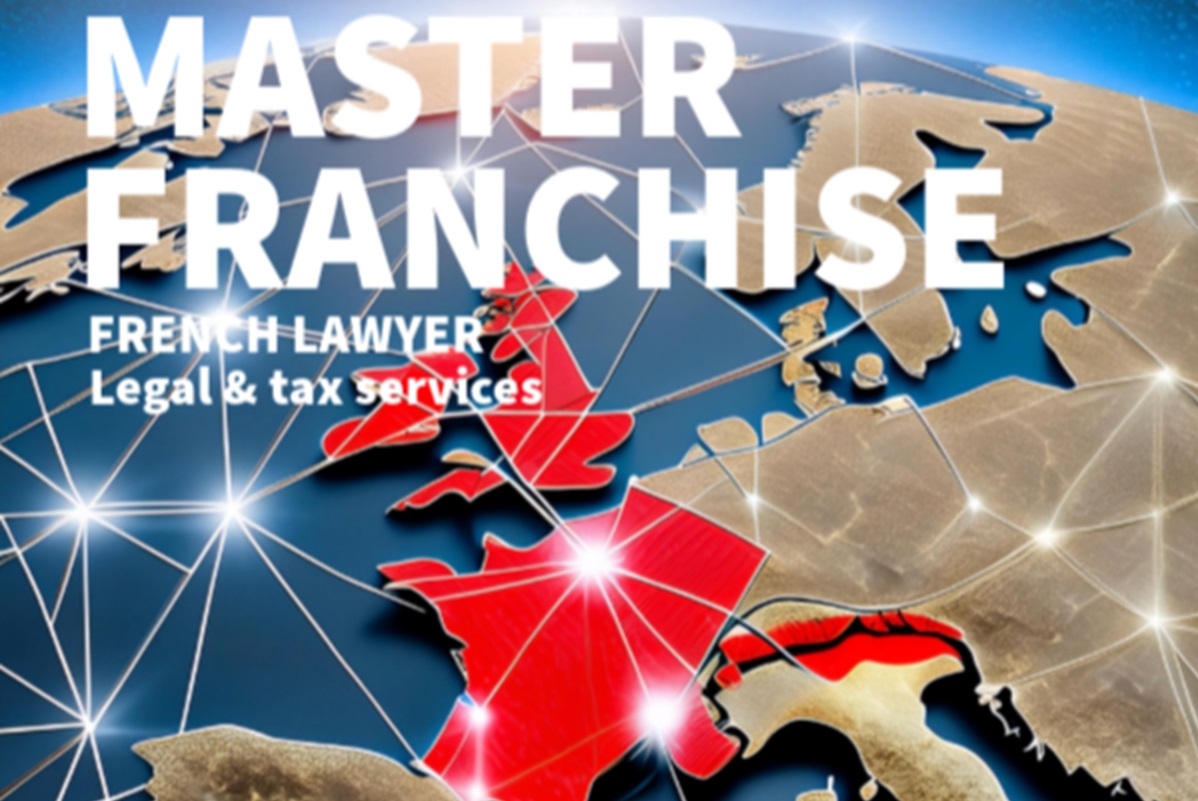Strategic Implications of Master Franchising in France


Comprehensive overview of Master Franchising
France, the land of gastronomy, fashion, and culture, is also a fertile ground for business and innovation. For foreign entrepreneurs, the concept of master franchising offers a golden opportunity to penetrate this dynamic market with a proven business model. Indeed, master franchising is a strategic model that grants exclusive rights to a master franchisee to develop and manage a franchise network within a designated area, like France. This model is especially effective for aligning with local regulations and cultural nuances, ensuring a smoother market penetration.
What is Master Franchising?
Master franchising is a franchise model where a foreign company, the franchisor, grants a local partner, the master franchisee, the exclusive right to develop and manage franchises in a specific region, in this case, France. This system allows franchisors to expand internationally while relying on the local expertise of master franchisees.
Legal foundations for franchising in France : France’s legal system provides a robust foundation for franchising operations. The regulatory framework, including the French Commercial Code and the Doubin Law, mandates detailed precontractual disclosure, which enhances clarity and fairness for both parties (Article L.330-3, Commercial Code). The Doubin Law (1989) requires indeed franchisors to provide a Pre-Contractual Information Document (DIP) at least 20 days before signing the franchise agreement. This detailed document includes crucial information about the company, the market, financial prospects, and the obligations of both parties. This transparency reduces risks for investors and helps them make informed decisions.
Franchise agreements in France require comprehensive specifications including the duration, product types, terms for renewal, termination rights, financial obligations, and conditions for the transmission of know-how.
Key benefits in the French context
- Economic impact: The franchising sector significantly contributes to the French economy, with substantial employment opportunities, underlining its importance and potential for growth.
- Legal protections: French law facilitates the entry of foreign franchisors without the need for establishing a local branch, simplifying setup processes (Article L.151-1, Monetary and Financial Code).
- The assistance of several public administrations: they can support operators in the development of franchising in France by offering legal advice, networking services, and training programs.
- A Hub for European expansion : By establishing in France, foreign entrepreneurs gain a strategic gateway to the entire European market especially the common market. France’s central geographical position facilitates expansion to neighboring countries, increasing growth potential.
- Contractual clarity : Franchise agreements are meticulously drafted to include all necessary details, enhancing legal certainty and compliance (Article 1128, Civil Code).
Conclusion
Master franchising in France represents an exceptional opportunity for foreign entrepreneurs to establish themselves in a dynamic and favorable market. With a solid legal framework, robust institutional support, and a conducive economic environment, France is an ideal destination to develop and thrive in the franchising sector.
About the Author :
Business lawyers, bilingual, specialized in acquisition law; Benoit Lafourcade is co-founder of Delcade lawyers & solicitors and founder of FRELA; registered as agents in personal and professional real estate transactions. Member of AAMTI (main association of French lawyers and agents).
FRELA : French Real Estate Lawyer Agency, specializing in acquisition law to secure real estate and business transactions in France.
Paris, 19 Rue du Colisee, 75008 Paris
Bordeaux, 24 Rue du manège, 33000 Bordeaux
Lille, 40 Theater Square, 59800 Lille





